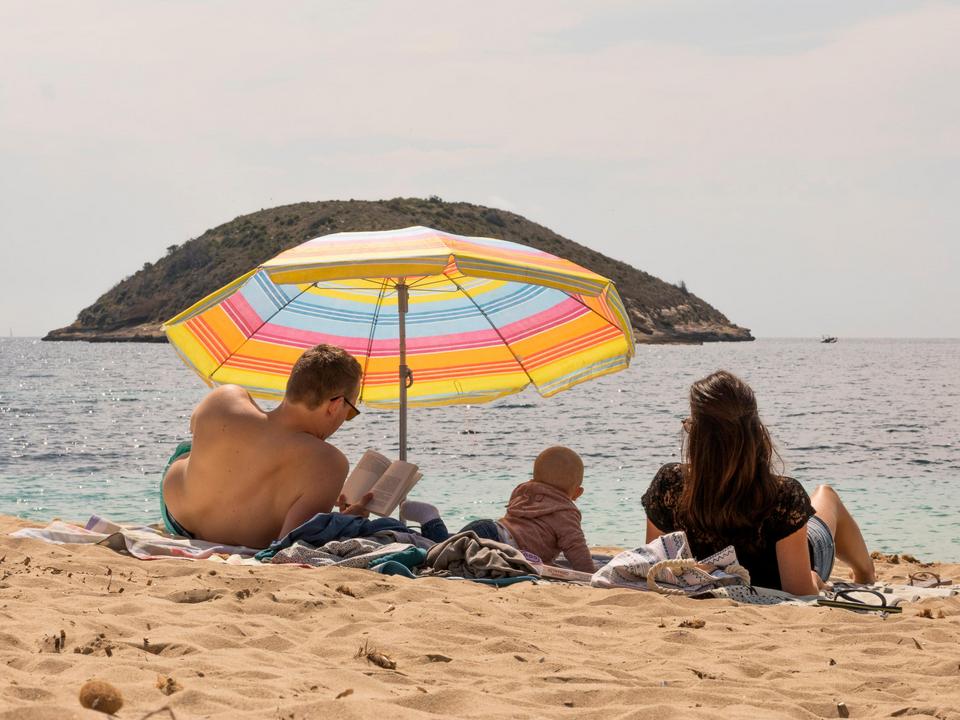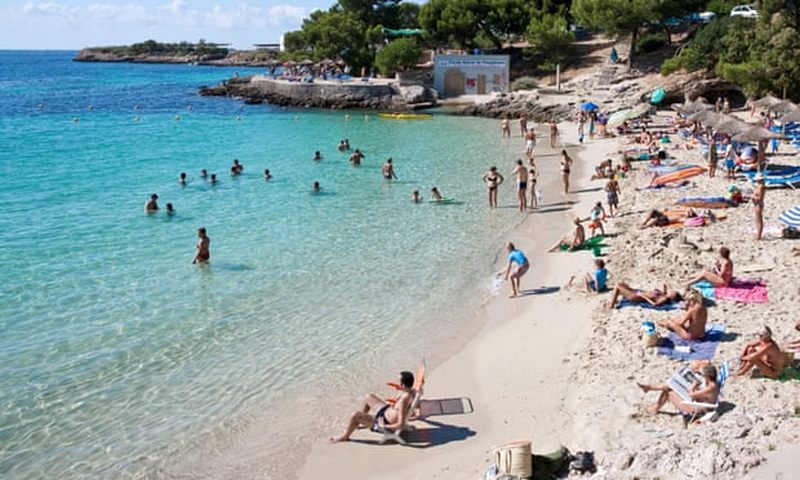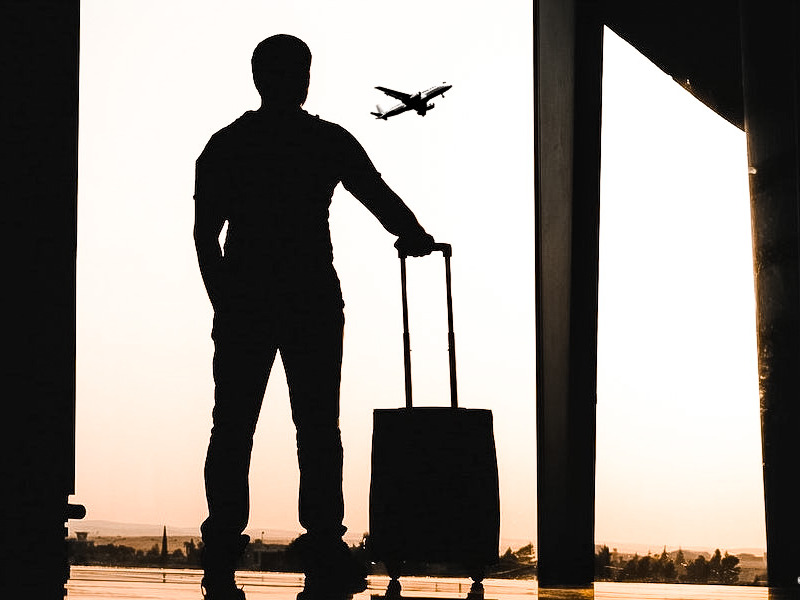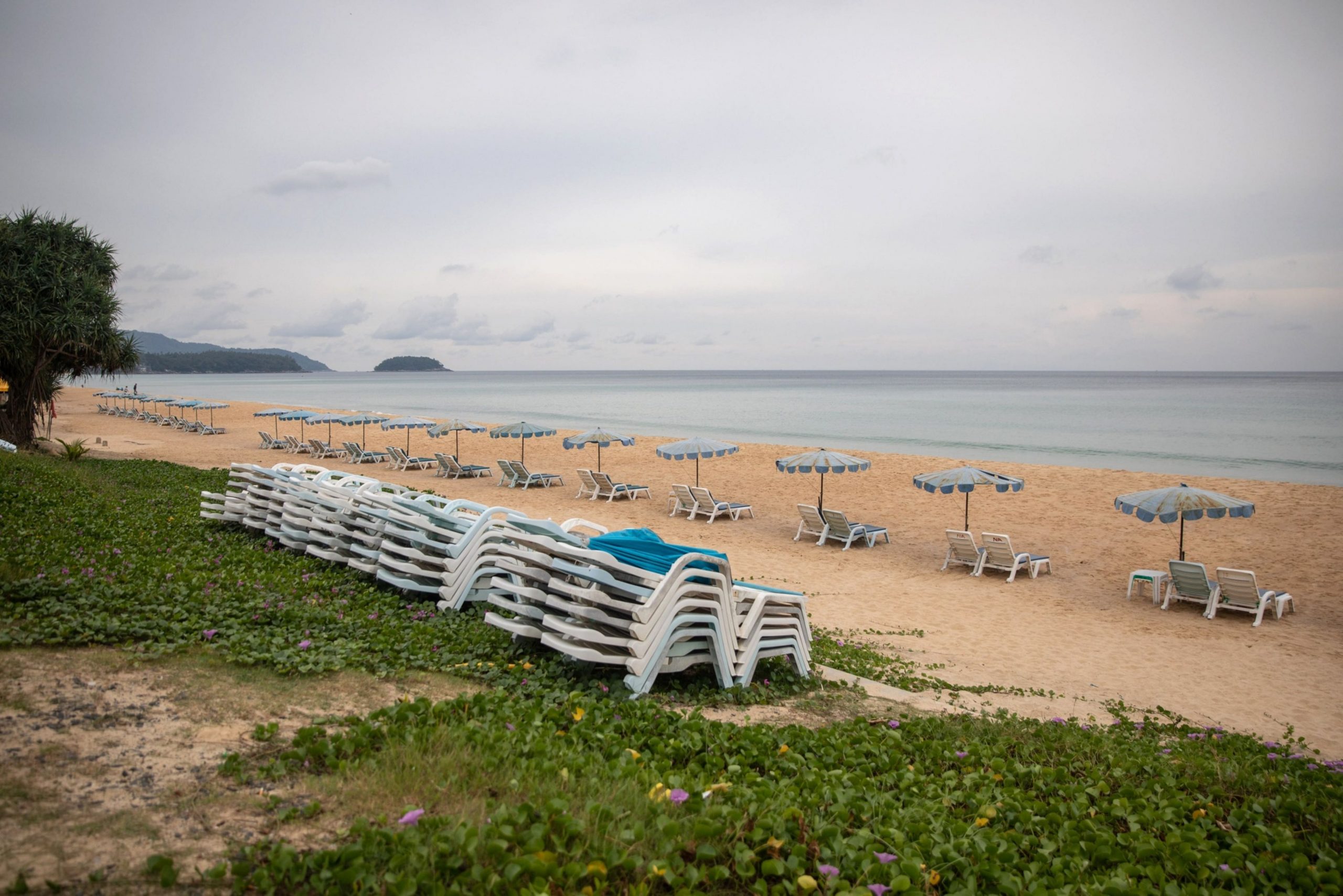Businesses say restrictions under Phuket's 'sandbox model' will deter foreign tourists
PUBLISHED : 7 JUN 2021 AT 05:30
NEWSPAPER SECTION: NEWS

Businesses have responded cautiously to the plan to reopen Phuket to vaccinated foreign tourists next month, as operators aren't confident they will be able to draw tourists back to the resort island due to the tough requirements it imposes on incoming tourists.
Starting from July 1, Phuket will waive quarantine requirements for foreign tourists who have been fully vaccinated against Covid-19 under the "Phuket Tourism Sandbox" model, which is being touted as a model for the reopening of Thailand's tourism industry.
However, as a precaution, tourists will have to remain on the island for 14 days before they are allowed to move on to other destinations in the country -- up from the previously announced seven days.
Wichai Ruangcharuwattana, manager of the Sunshine Tour Phuket Co, told the Bangkok Post that overall the reopening plan will help the resort island's economic recovery.
However, he wanted the 14-day stay requirement taken back to seven, as hotels and ferry operators who take tourists on day trips have pinned their hopes on the reopening.
As his company focuses on tourists from Asian countries, most of whom generally don't plan to stay for more than five days in Phuket, Mr Wichai said he hasn't seen any new bookings.
"Some golfers from Singapore had expressed interest in spending three days in Phuket, but that's it," he added.
"Though Phuket will reopen in July, we don't know how many foreign tourists will return. As for Thai tourists, they may be worried that prices of hotel rooms, food and tour packages in Phuket may increase, so not many will visit," Mr Wichai said.
Sirikorn Bunyasiri, vice-president of the Phuket Travel Agents Association, told the Bangkok Post she expected the Phuket Sandbox programme to get off to a good start.
"Flights to Phuket are expected to increase, though it is not known whether tourists will come in large numbers. Many airlines are trying to increase flights after almost two years, and everyone is looking at Phuket. If it is a success, others will follow suit," she said.
Chalermlak Kepsap, owner of the Holiday Inn Express Hotel on Patong beach, voiced disagreement with the 14-day stay requirement, saying the requirement may dissuade foreign tourists from visiting.
"It will be difficult for them to remain on the island for 14 days. This may be too long, considering the number of tourist spots and activities on the island. It will be more helpful if they adopt a seven-day rule because tourists will have a chance to visit other destinations," Ms Chalermlak said.
She said Patong beach, a popular tourist spot in Phuket, is still quiet with no tourists, as many visitors know the monsoon season will peak next month and last until October.
"As hotel operators are not confident the reopening plan will draw foreign tourists back, several have decided to remain closed," she said, adding many small hotels don't have the budget to restart their businesses, some of which have been shuttered for almost two years.
"If the situation in Patong continues, when tourists come back on July 1, where will they stay?" she said.
Ms Chalermlak also pointed out that many vendors in Patong are from other provinces, and after the Covid-19 hit the area, most decided to go home and many have yet to come back.
"We must also take into account other aspects, not only the vaccination of 70% of local residents. For example, we have to consider which countries the foreign tourists are from. Operators in Patong have not seen a clear government stance on the matter," she said.
Despite the reservations, Sonthaya Khongthip, president of a community enterprise, agro-tourism and conservation group in the Bangthao-Choeng Talay community, said the community is ready to support the reopening.
Locals were working to comply with Safety & Health Administration Plus guidelines, as recommended by the Tourism and Sports Ministry to attract tourists, Mr Sonthaya said.
"Without tourist arrivals, Phuket will become a ghost town. Without [the sandbox scheme], the country cannot move forward.
"The 14-day stay requirement will benefit local producers. We want tourists to spend money in communities selling local products," Mr Sonthaya said.
"We are like small fish in a big pond -- larger operators who do their marketing internationally should also think of local tourism enterprises," he added.
Don Limnanthapisit, president of a committee on Phuket old town community, said he agrees with the 14-day requirement, though he warned that the reopening may lead to a new surge of infections if tourists fail to follow health safety protocols.
"Though incoming foreign tourists will be required to show proof of vaccination, this does not mean they are totally free of the virus," he said. "Foreign tourists may not want to wear their masks in public. When they arrive in Phuket, they want to enjoy themselves drinking. If we cannot control them, this may lead to a new wave of infections."




























